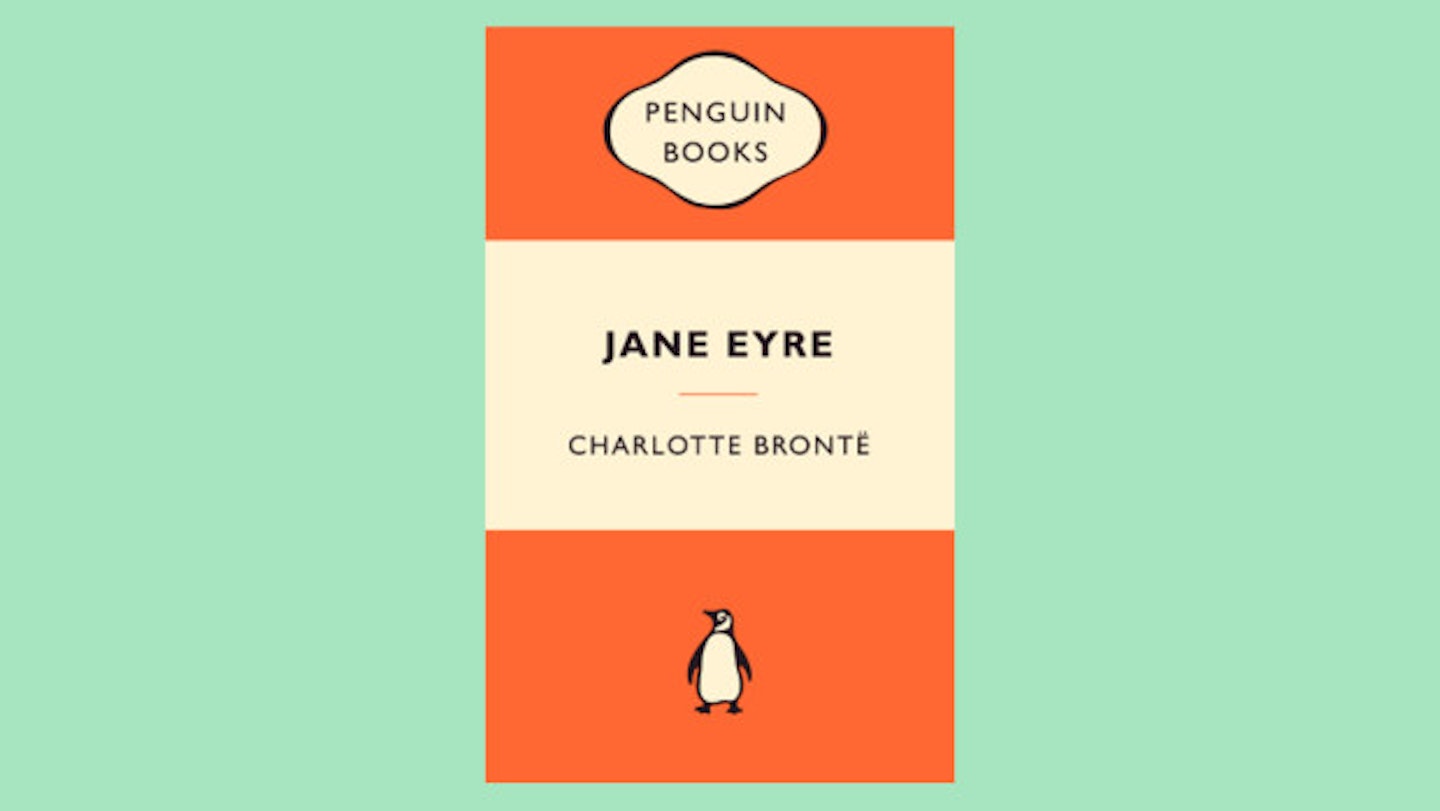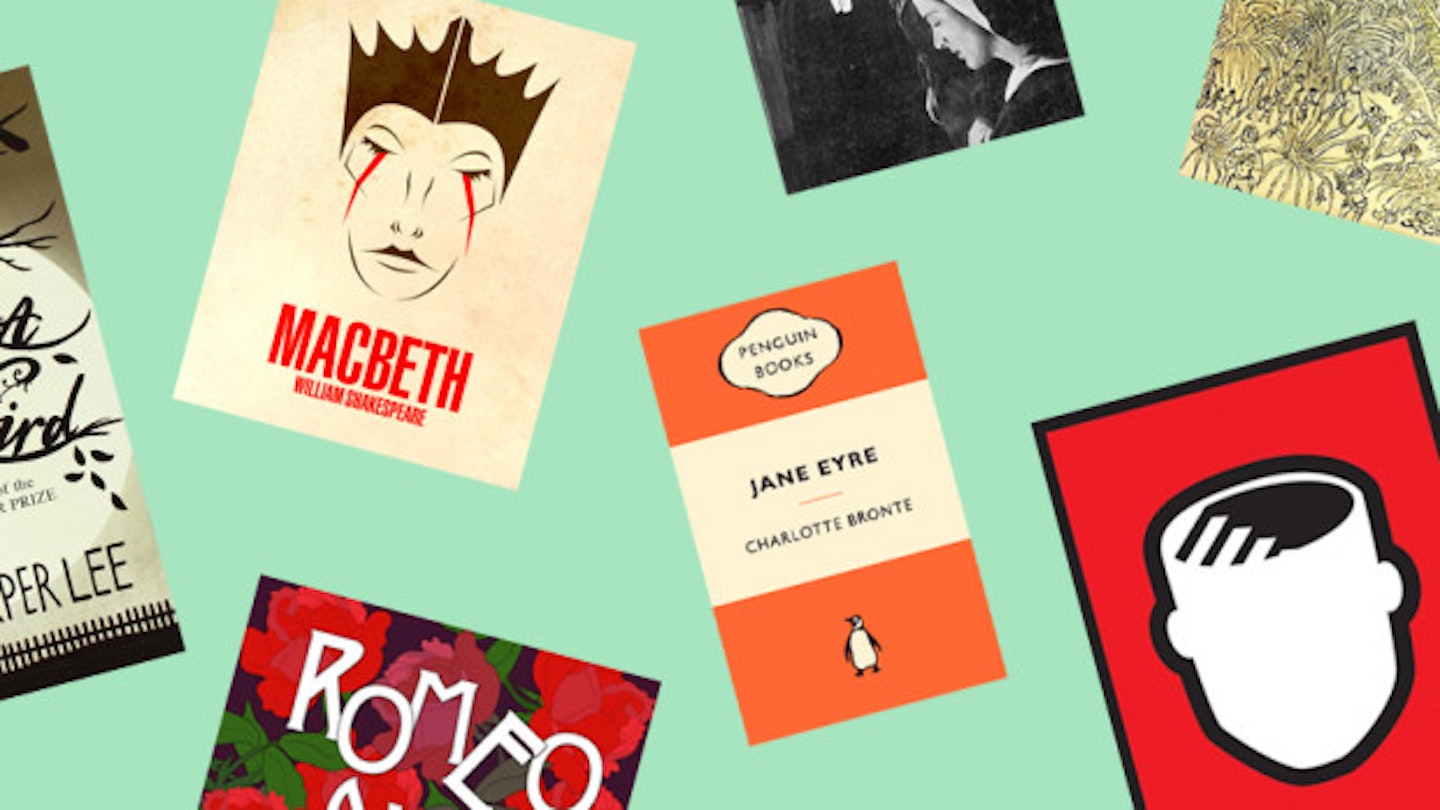I loved reading when I was at school. What I didn’t always love, though, was our English literature reading list. Sometimes our teacher tried to spice things up by getting us to watch a film – Pretty Woman, since you ask – but generally, it all felt a bit dry. Do you look back at the months you spent reading Of Mice And Men in a stuffy classroom and sigh? Have you tried re-reading it again? Maybe you should.
Here are a few more books that you might have hated at the time but might get more out of if you picked them up now.
Jane Eyre

We studied it twice. TWICE. God I hated it. I was so bored I felt like my soul was gently seeping out my eyes. Why was Jane such a goody goody? Why was Rochester so moody? Where was the fun? I didn’t appreciate that the book was a turning point in literature – when characters started addressing the reader directly.
Then, years later, someone put me on to another book: Wide Sargasso Sea by Jean Rhys, which tells the story from the perspective of Mrs Rochester AKA the mad woman in the attic. Much more interesting – but also kind of meaningless if you haven’t read Jane Eyre first.
To Kill A Mockingbird

It’s a testament to how loved Harper Lee’s Pulitzer Prize-winning novel is that when it was thought that Michael Gove was going to ban it from the GCSE syllabus (he wasn’t, he just wanted to push traditional English texts like, you guessed it, Jane Eyre), he had to write an article explaining himself.
Mockingbird is a powerful coming of age tale about racial injustice in the American Deep South. Its sort-of sequel, Go Set A Watchman, has been one of the most hyped – and controversial – books of the summer. Is it any good? Should it have been published? If you want to join in the debate, it will pay to do some re-reading.
The Crucible

I’m not sure if I realised this at the time but Arthur Miller’s 1953 play is an allegory. On the surface The Crucible is about the Salem Witch Trials – young women in the 17th century were accused of witchcraft. But it’s actually about McCarthyism – in the 1950s the US government accused people, including many Hollywood industry peeps, of being Communists. It’s about how fear is spread and amplified and manipulated to divide people – something which still happens all over the world, in all different contexts, all of the time.
Lord of the Flies

OK, I didn’t actually study this one myself. But I wish I had. A group of boys are abandoned on a desert island following a plane crash and have to restart society afresh. Without wishing to give the plot away, it’s not a pretty sight. The conclusion is that we humans – well, boys in this case – are fundamentally a bit evil. Which is worrying – but also interesting.
All of Shakespeare

Shakespeare – what a legend! I didn’t fully appreciate him when we did Macbeth in Year Eight or Julius Caesar in Year Nine. I was starting to get it when we did Romeo and Juliet for GCSE (think Baz Luhrman probably had a hand in this) and by the time we did Hamlet for A-level, I was sold.
The beauty of studying a text for a whole term is that by the time you get to exams, you basically feel like you’ve written it which, when you’re talking about the most sophisticated word-slinger in the English language is quite something. Revel in it!
Like this? Then you might also be interested in:
Follow Rachel on Twitter: @rachsh
This article originally appeared on The Debrief.
